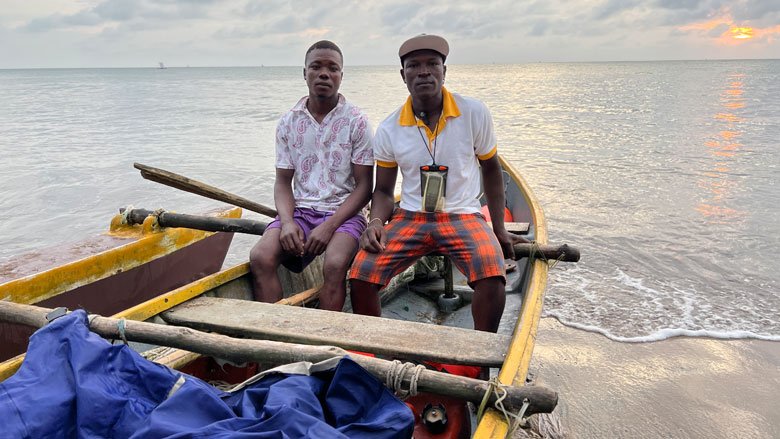Caught in the crosshairs of escalating global crises, Small Island Developing States (SIDS) meet May 27-30, 2024, together with the international community, to discuss ways to tackle issues including their vulnerability to the impacts of climate change, exposure to pollution, and economic headwinds.
While their small land size creates unique development challenges for island nations, these countries also have large ocean territories, and sustainable management of these resources already acts as an engine of jobs and GDP. More importantly, their ocean territory holds of the key to future opportunities and prosperity. Coastal and marine-based industries inject the global economy with US$2.5 trillion a year.
The World Bank is supporting island countries around the globe to develop sustainable blue economies to adapt to climate change, create jobs, boost economies, and improve quality of life for communities.
Tackling High Tides
“Ninety percent of our animal protein comes from fish,” said Arlindo Carvalho, technical coordinator at the Ministry of Infrastructures, Natural Resources and the Environment, in São Tomé and Príncipe. “In our society, the men fish and the women sell fish, so protecting the lives and livelihoods associated with fishing is essential.”
The World Bank’s West Africa Coastal Areas Resilience Program (WACA) is supporting coastal infrastructure improvements in fishing communities of São Tomé and Príncipe.
These efforts include road rehabilitation, building new breakwaters, seawalls, boat ramps, and safer housing for people exposed to storm surges and rising sea levels. Lighthouses have been renovated and outfitted with solar-powered technology.
Due to overfishing, fish stocks are reduced near land. Fishers now face more treacherous voyages in small canoes and boats. As they travel further from the shoreline, they are buffeted by rougher conditions in unfamiliar waters. Even close to shore, sea levels are rising.
Through World Bank projects, safety-at-sea kits, including Global Positioning System (GPS) instruments, electronics protectors, and lifejackets have been distributed to about 3,000 fishers.
“From the beach, the sea may look friendly but when you sail in deep waters it’s dangerous and scary. There are sharks, even whales. It’s easy to lose sight of the land,” said fisherman Célcio Dias.




